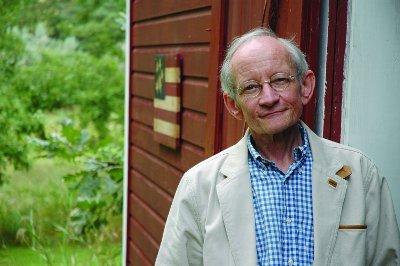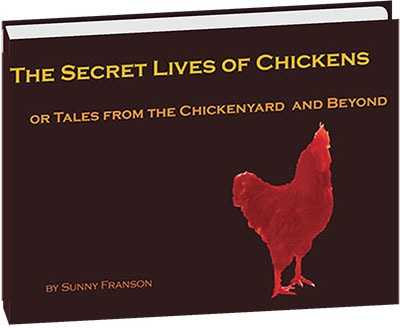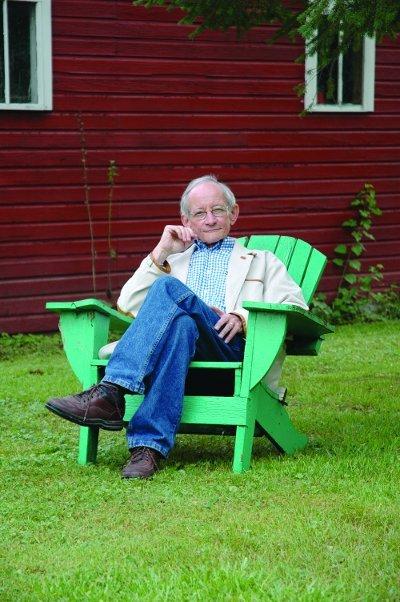- Editor
- Posted On
Rawitsch wins American Values Book Prize
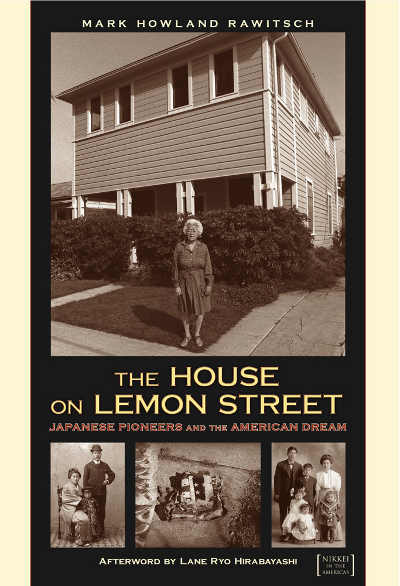
NORTH COAST, Calif. – Historian and author Mark Rawitsch, dean of Instruction at Mendocino College, has been selected as the inaugural winner of the Crader Family Book Prize in American Values.
Rawitsch received the honor for his book, “The House on Lemon Street: Japanese Pioneers and the American Dream,” published by the University Press of Colorado.
“This work clearly embodies the spirit of the Crader Family Book Prize,” said Dr. Mark E. Miller, a member of the judging panel and chair of the History Department at Southern Utah University.
The Crader Family Book Prize recognizes a first book, which best exemplifies the values of the Crader Family Endowment for American Values: individual liberty, constitutional principles and civic virtue. Rawitsch was awarded a $1,000 honorarium for his winning entry.
“It’s an honor for my work to be recognized,” said Rawitsch. “I’m pleased that my story of California’s Harada House National Historic Landmark has been acknowledged as central to understanding that American stories of liberty, constitutional principles and civic virtue come in all colors,” he added.
Rawitsch worked with the Harada family for many years to tell the story of their landmark house in Riverside.
Publication of his book was supported by Dr. Lane Hirabayashi, professor of Japanese American incarceration, redress, and community in the Department of Asian American Studies at the University of California, Los Angeles.
The book also was chosen as the first volume in the new Nikkei in the Americas Series which features the best scholarship illustrating contemporary Japanese American culture and community.
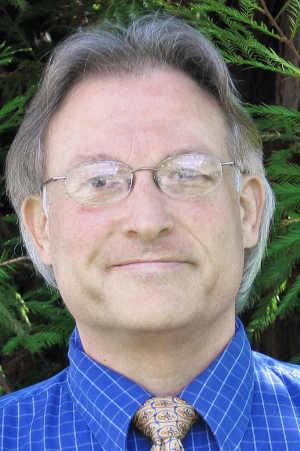
Nineteen entries to the book award competition were received. Honorable mention went to Eduardo Elena’s “Dignifying Argentina,” Pittsburgh Press, and Harvey Bartle III’s “Mortals with Tremendous Responsibilities,” St. Joseph’s Press. Elena is an assistant professor of history at the University of Miami. Bartle III is a judge in the U.S. District Court for the Eastern District of Pennsylvania.
Finalists in the competition were Donald Drakeman, “Church, State and Original Intent,” Cambridge; Tyler Johnson, “Devotion to the Adopted Country,” Missouri; MaryJean Wall, “How Kentucky Became Southern,” Kentucky; Mark Howland Rawitsch, “The House on Lemon Street,” Colorado; Harvey Bartle III, “Mortals with Tremendous Responsibilities,” St. Joseph’s; Priscilla Dowden-White, “Groping Toward Democracy,” Missouri; Eduardo Elena, “Dignifying Argentina,” Pittsburgh.
Submissions were open to any area of United States, European or Latin American history, but were required to examine the historical development of the political, religious and economic heritage of Western Civilization, or events directly related to them.
The competition was open to books that were peer-reviewed; published by an academic, university or commercial press in 2010, 2011, or 2012; written by a sole author; and a single work, rather than an edited collection or anthology. Works that were self-published, in languages other than English, or only existed as e-books were not considered.
“The author’s passion is evident,” Miller said of Rawitsch’s winning book. “He tells the story of the Harada family and their decades-long struggle to obtain civil rights, citizenship and ultimately liberty in the face of anti-Japanese discrimination from the early 20th century until World War II and after. He writes in an engaging style that captures and maintains the reader’s attention throughout the work.
“‘The House on Lemon Street’ is grounded in appropriate primary and secondary sources. In particular, the author makes excellent use of oral histories and personal insights throughout the book,” Miller said. “Through the specific details of the Harada family history, readers witness the struggles of Japanese Americans writ large for civil rights, property rights, and basic human rights under the U.S. Constitution. The book covers important decades for the Japanese people, including immigration at the turn of the century, building community in Riverside, California, battling alien land laws, and finally internment at Topaz, Utah.”
He added, “Rawitsch’s rich study is a fine example of scholarship on the minority experience in America and the larger battle for civil rights in the 20th century. Of the submissions for this year, ‘The House on Lemon Street’ best reflects the values of the Crader Family Book Prize: constitutional principles, civic virtues, and civil liberties.”
The Crader Family Endowment for American Values exists within the Southeast Missouri University Foundation, is managed by the chair of the Department of History and is dedicated to education, research and public engagement in the historical traditions of the United States of America and Western Civilization. The endowment’s objectives are to increase knowledge and appreciation of the political, religious and economic heritage of this nation and the West, and the values of individual liberty, constitutional principles and civic virtue that are at the foundation of this society.
Rawitsch will present a reading from “The House on Lemon Street” at the new Mendocino College Lake Center in Lakeport on April 7, and the Japanese American National Museum in Los Angeles on Aug. 3.
For more information on the Crader Family Book Prize in American Values, contact Bowen at This email address is being protected from spambots. You need JavaScript enabled to view it. or 573-651-2179.

